Sound investments
don't happen alone
Find your crew, build teams, compete in VS MODE, and identify investment trends in our evergrowing investment ecosystem. You aren't on an island anymore, and our community is here to help you make informed decisions in a complex world.
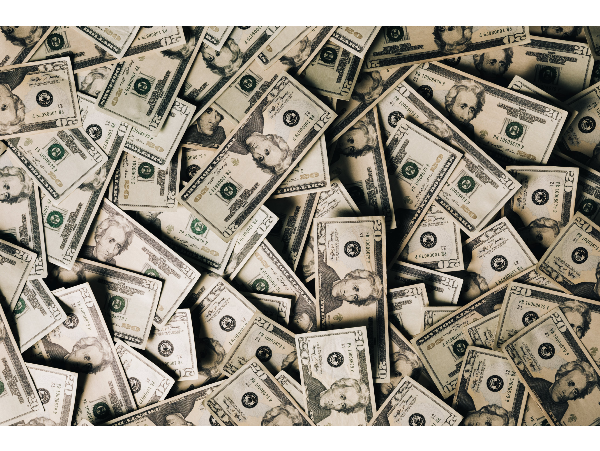




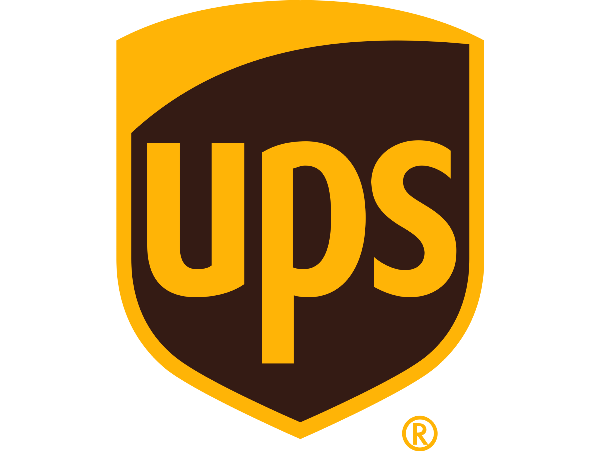
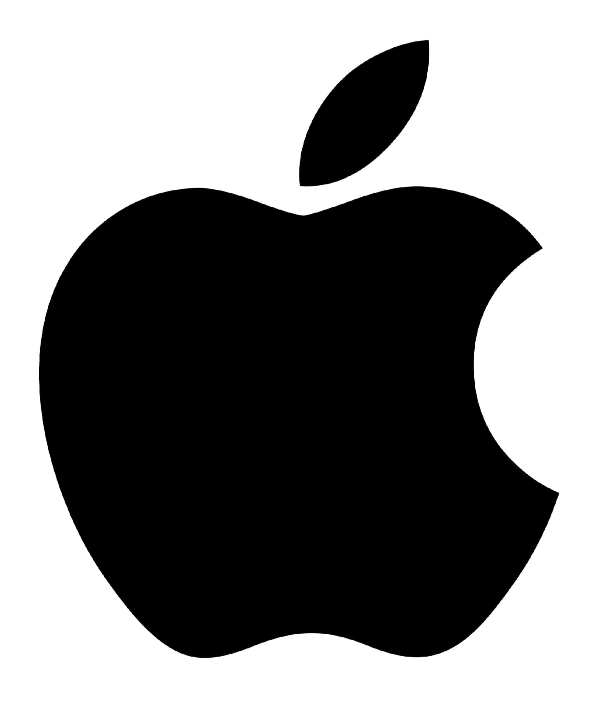





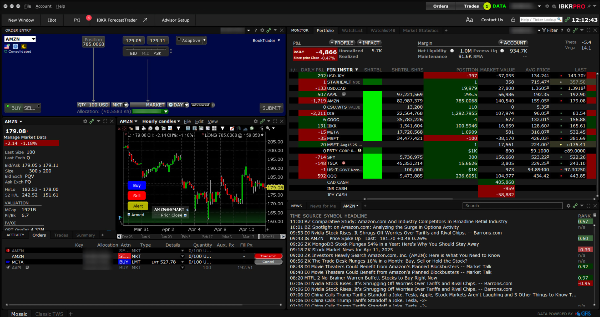
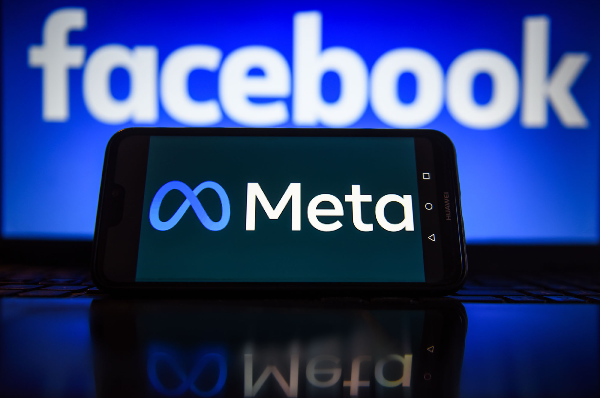
















The ex-dividend date serves as a critical demarcation line for investors seeking to receive dividend payments. It is the specific date established by the stock exchange or regulatory authorities that determines the last day an investor can purchase shares of a stock and still be eligible for the upcoming dividend. If you acquire shares on or after this ex-dividend date, you will not be entitled to the declared dividend for that particular payout cycle. Understanding this cutoff is fundamental for anyone incorporating dividend-paying stocks into their investment strategy and aiming to generate income from those distributions.
The general rule is straightforward: to be eligible for a dividend, your purchase of the stock must occur before the ex-dividend date. If you buy shares on the ex-dividend date itself, or any day thereafter, you will not receive the announced dividend. On the ex-dividend date, the stock begins trading "ex-dividend," signifying that its price no longer includes the value of the forthcoming dividend payment. This price adjustment typically occurs because new buyers are not entitled to that immediate payout, and the market reflects this lack of dividend entitlement in the stock's opening price.
The record date plays a crucial role in the dividend distribution process. This is the date on which the company examines its shareholder records to identify the individuals who officially own the stock and are therefore eligible to receive the declared dividend. In many markets, a T+1 settlement period is in effect, meaning that when you buy a stock, the transaction takes one business day to finalize and for you to become the registered owner. Consequently, if you purchase shares on the ex-dividend date, the settlement will not occur until the following business day, meaning you won't be a registered shareholder by the record date and will miss out on the dividend.
When a stock is bought on its ex-dividend date, the dividend entitlement belongs to the seller of the stock, not the buyer. Since the seller was the registered shareholder before the ex-dividend date, they retain the right to receive the dividend payment for that cycle. This is also why the stock price typically decreases by approximately the amount of the dividend on the ex-dividend date; the buyer is purchasing the stock without the immediate benefit of that dividend, and the market price adjusts to reflect this. Therefore, timing your purchases before the ex-dividend date is essential to ensure you receive the dividend payout.